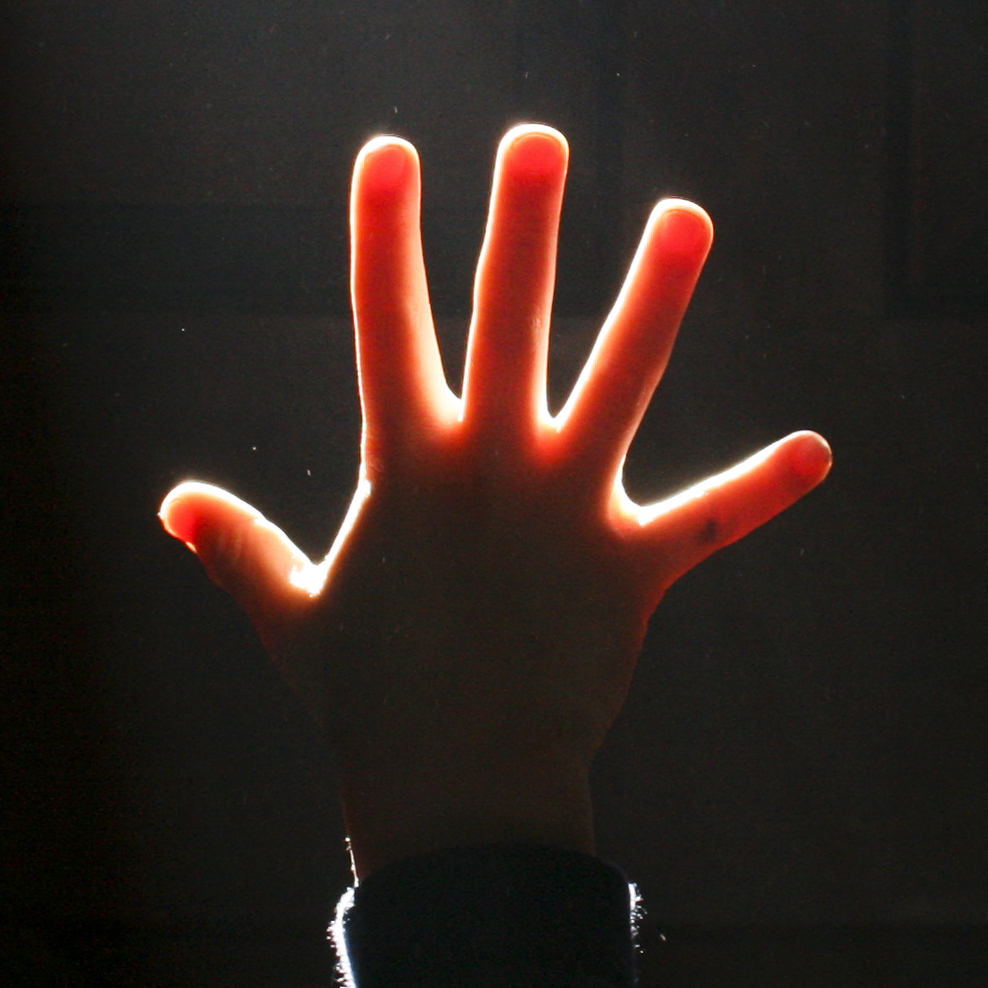There are certain signs and symptoms that can signal an addiction issue.
But, even if your teen is exhibiting these behaviors, there is no guarantee they are actually addicted to something. The things you should be looking out for are:
1. Changes in behavior
Teenagers aren’t very forthcoming, but a red flag is raised when they act VERY differentlt from their norm. Teen addicts will divert drastically from their routine, start performing badly in school, and start spending less time doing activities they once enjoyed. If you can’t reach them for a period of time, you don’t know where they are, and they won’t tell you where they were or what they were doing, this might be a sign of substance abuse (drugs or alcohol).
2. Sudden mood swings
Addicts usually obsess over obtaining and using a substance. They’ll usually do whatever it takes to keep the cravings fed. Sudden spurts of nervousness or irritability may be a sign of withdrawal from a drug. Then, impatience and aggressiveness might manifest, as addicts who have become physically dependent need their drug of choice to function and feel normal. But, at the same time, he/she may feel guilty. This feeling of guilt comes from knowing that abusing a substance is not good or positive.
3. Using offence to defend
Adolescent addicts will turn to offence in order to defend themselves when confronted. Whenever someone mentions their strange behavior or asks them an uncomfortable question around recent activities, they will turn to defense mode. Your son or daughter may also try to deflect attention away from the problem, and try to keep their secret to themselves.
In these situations, the parent’s approach should be non-accusatory and you’ll need to proceed with caution. Reaching out to your teen in any other way, will make him/her feel pressure and will probably result in them shutting you down even more, suppressing emotions and not opening up about it.
4. Blameshifting
Adolescents avoid taking responsibility for the addiction. This is one other method of self-defense. Teen addicts avoid placing the blame on themselves. So, you may hear that someone else made them experiment with a substance, something that happened lead them to the choice, etc. Remember, even though a teen may say it started under someone else’s influence or under circumstances beyond your kids control, understanding self-agency and responsibility are key to recovery.
5. Secretive behavior
Teens keep most things to themselves. But, as addicts are rarely proud of their addiction, they will make extra effort to keep it a secret. Still, no one can hide everything and there are signs that can lead you to start suspecting that something is wrong. What could these signs be? Here are a few:
- your teen is missing classes
- your teen is not showing up for work
- your teen is making/receiving strange phone calls
- your teen has unexplained credit card charges
- your teen suddenly hangs around a new circle of friends
The only way to know
Q: How can I know for sure that my son or daughter has a drug problem?
A: Drug testing
The only way you can be sure your kid is abusing alcohol, prescription drugs, marijuana or other illicit drugs is to test them for drug use. You can give your adolescent child a random drug test, but it’s better to do it after the weekend, since drugs are mostly used on the weekend-time. Many drugs have a detection window of 2-4 days, or longer. Most usually, drug tests analyse urine, but there are also tests that can check for drug presence through hair, saliva, sweat, blood, and nails. There are options, such as at-home drug, alcohol, and tobacco tests, that parents of teenagers can use.
And if your suspcisions are then verified, what can you do next? Contact us for individualized help in referring you to help.










0 Comments